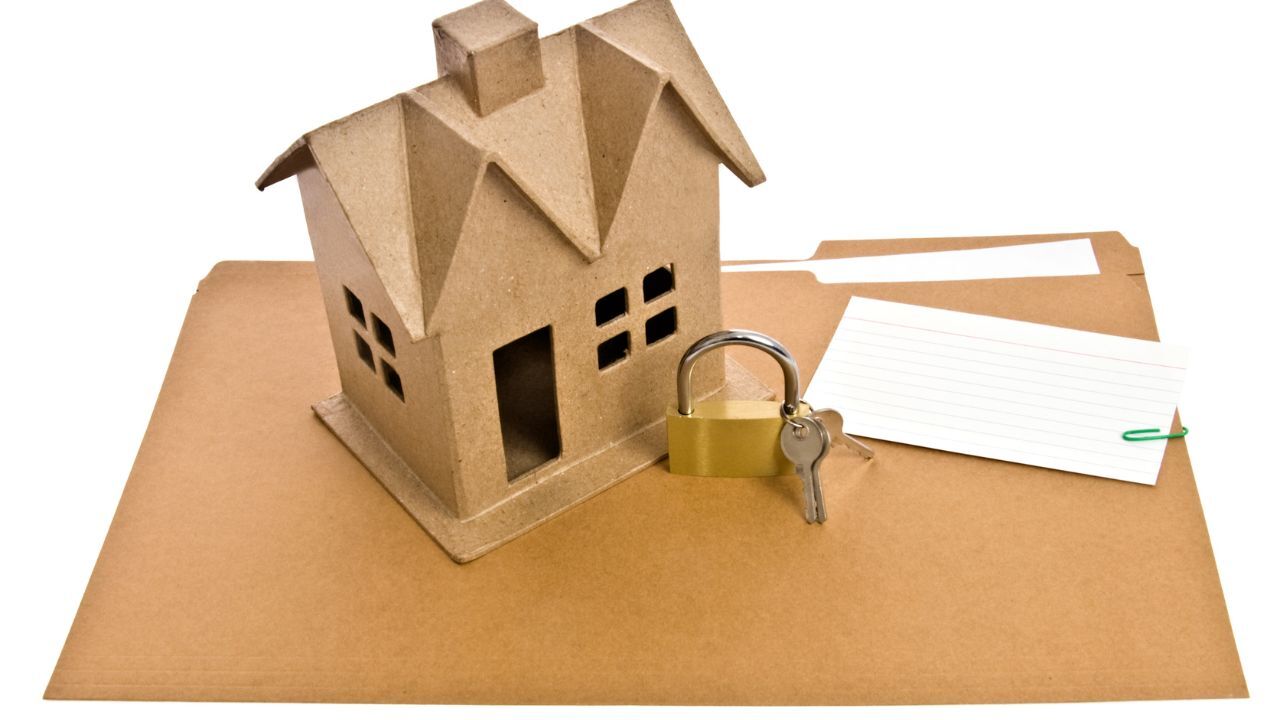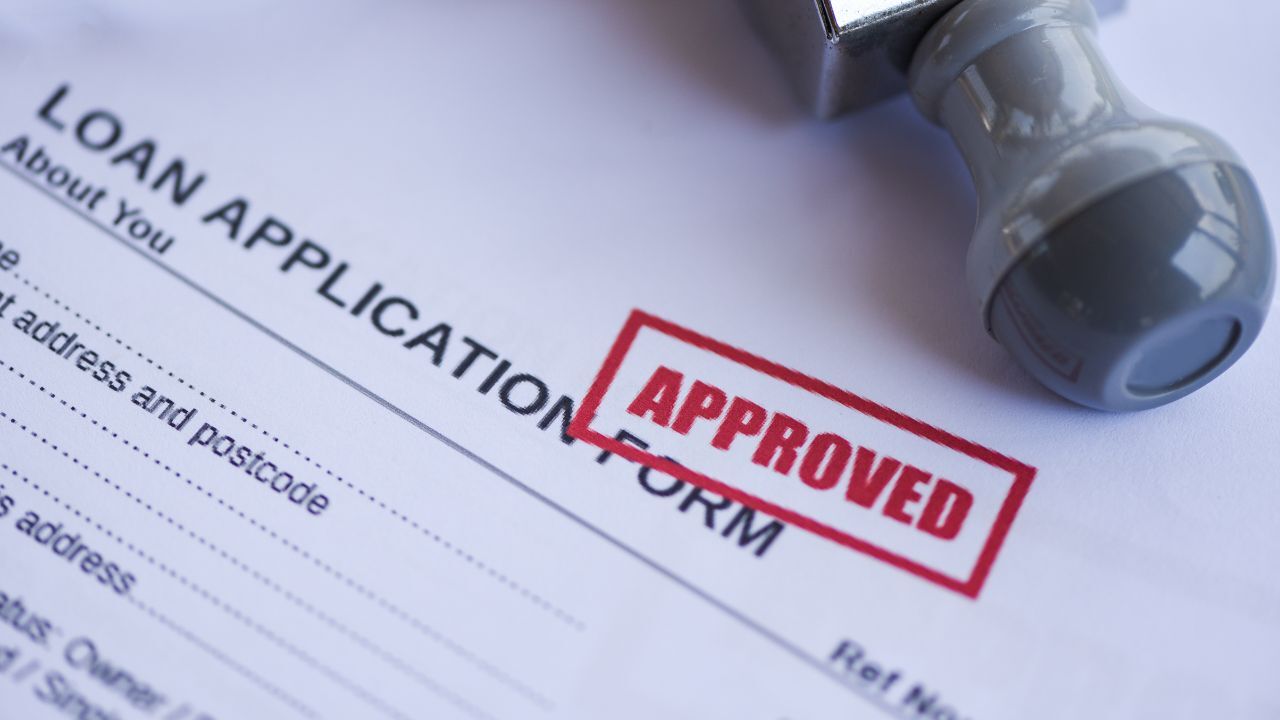When and How to Secure a Favorable Mortgage Rate Lock
 Interest rates can fluctuate from one week to the next, and that can have a major impact on your monthly payment and overall loan cost. A mortgage rate lock gives you the ability to secure your interest rate for a set period of time, protecting you from unexpected increases while your loan is being finalized. Understanding how rate locks work can help you choose the right time and terms for your situation.
Interest rates can fluctuate from one week to the next, and that can have a major impact on your monthly payment and overall loan cost. A mortgage rate lock gives you the ability to secure your interest rate for a set period of time, protecting you from unexpected increases while your loan is being finalized. Understanding how rate locks work can help you choose the right time and terms for your situation.
What a Rate Lock Means
A rate lock is an agreement between you and your lender that guarantees a specific interest rate for a certain number of days, usually between thirty and sixty. This means that even if market rates rise before your loan closes, your locked rate will stay the same. It provides peace of mind during the process, especially when rates are moving quickly.
When to Lock Your Rate
The best time to lock your rate depends on your timeline and how comfortable you are with market changes. Many borrowers choose to lock their rate once they have a signed purchase agreement and their loan application is underway. Locking too early can create challenges if your closing date changes, while waiting too long could mean risking a higher rate. Your lender can help you weigh the timing based on current trends and your specific situation.
How Long to Lock Your Rate
Lenders offer different rate lock periods, typically ranging from thirty to ninety days. A longer lock provides more protection against delays but may come with a slightly higher cost. A shorter lock is usually less expensive but may expire if the loan process takes longer than expected. Choosing the right length depends on your closing schedule and the overall pace of your transaction.
What Happens If Rates Drop
If rates go down after you have locked, some lenders offer a float-down option that allows you to take advantage of the lower rate. However, this feature is not automatic and may involve additional terms or fees. It is worth asking about before you commit to a lock so you understand all your options.
A mortgage rate lock is a valuable tool for managing uncertainty and securing stability during your home loan process. By timing your lock wisely and understanding the available options, you can protect your budget and close with confidence.

 One of the first questions homebuyers ask is how much they can afford to borrow. While the number may seem mysterious, lenders use a clear set of financial factors to decide how much you qualify for.
One of the first questions homebuyers ask is how much they can afford to borrow. While the number may seem mysterious, lenders use a clear set of financial factors to decide how much you qualify for.  Homeowners looking to save on interest or shorten their loan term often explore two popular strategies: biweekly payments and lump sum payments. Both can reduce the total interest paid and help you build equity faster, but they work in different ways. Understanding how each method functions can help you decide which fits your financial goals and lifestyle best.
Homeowners looking to save on interest or shorten their loan term often explore two popular strategies: biweekly payments and lump sum payments. Both can reduce the total interest paid and help you build equity faster, but they work in different ways. Understanding how each method functions can help you decide which fits your financial goals and lifestyle best.